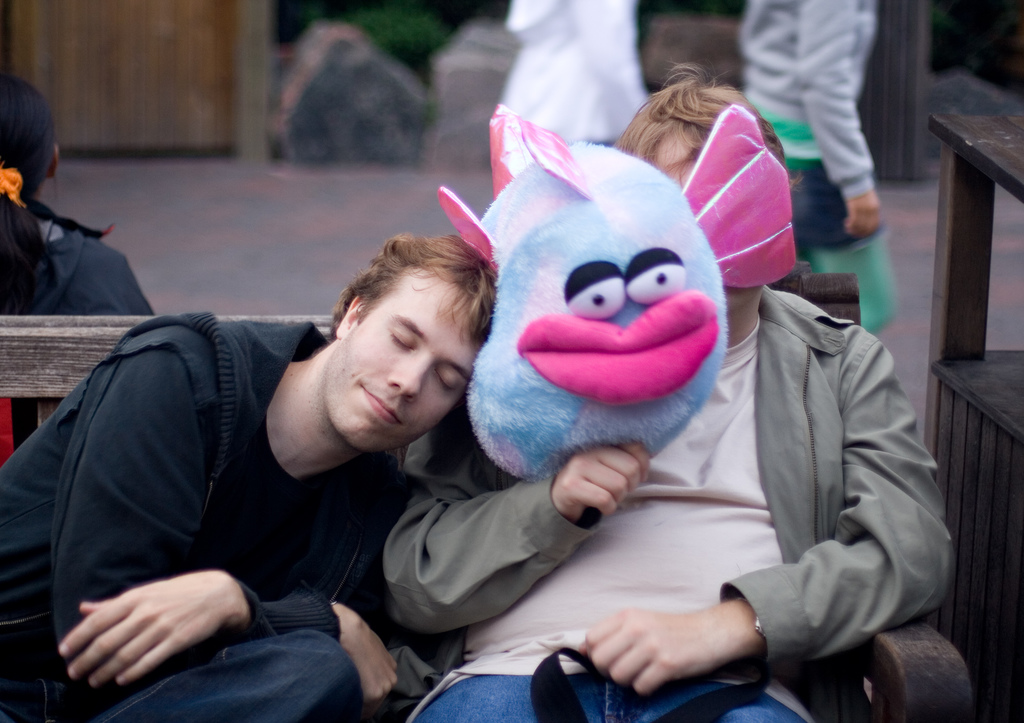All that sleep you missed out on might catch up to you after all. A recent paper published in the Journal of Neuroscience reports that staying awake too long destroys brain cells in mice. And there’s a chance it might do so in humans as well, reports Forbes.
A Loss of Brain Cells
Researchers at the Center for Sleep and Circadian Neurobiology at the University of Pennsylvania in collaboration with colleagues at Peking University subjected mice to sleep conditions similar to those experienced by humans who work late-night shifts. Mice slept only four to five hours in any 24-hour day. Afterward, when studying the mice’s brains, the researchers found that this disruption to circadian rhythms caused “locus ceruleus” (LC) neurons to degenerate and eventually die. Located in a part of the brainstem, LC neurons are a type of brain cell that plays an important role in making us feel alert and awake. After just three days of sleep deprivation, mice experienced a 25% loss of LCs.
This is the first study to show that sleep loss can lead to irreversible damage to the brain cells of animals.
Luckily, all hope is not lost. The researchers also discovered that a protein called sirtuin type 3 (SirT3) protects LCs from damage caused by lack of sleep. One day in the future, a treatment could boost SirT3 production and possibly protect brain cells from damage.
The researchers plan to continue their study on humans by conducting autopsies to examine the brain cells of former shift workers.
An Epidemic of Exhaustion
The Centers for Disease Control and Prevention recently classified insufficient sleep as an “epidemic” in the U.S. As long work hours become the norm, for many lack of sleep has almost become a badge of accomplishment, with people commending themselves for functioning off five hours of sleep or less. And even if scientists find more evidence that sleep loss negatively affects our brains, it’s unlikely that people will change their sleepless ways any time soon!
Are you getting your eight hours every night?
Photo by Mats Lindh



